Computer Science & Engineering
- HOD Message
- About Department
- Vision-Mission
- Program Educational Objectives (PEOs)
- Program Specific Outcomes (PSOs)
- Program Outcomes (POs)
 Greetings! On behalf of the faculty members, staff, and students of the Department of Computer Science and Engineering of B.N. College of Engineering & Technology us (BNCET) at Lucknow, I Vinay Kumar (HOD-CSE) welcome you all to the creative world of CSE. I believe the CSE discipline has been widely recognized as an essential source and technique for the advancements in all spheres of human Endeavour now and in future. In BNCET all students get the opportunity to excel in their academic activities.
Greetings! On behalf of the faculty members, staff, and students of the Department of Computer Science and Engineering of B.N. College of Engineering & Technology us (BNCET) at Lucknow, I Vinay Kumar (HOD-CSE) welcome you all to the creative world of CSE. I believe the CSE discipline has been widely recognized as an essential source and technique for the advancements in all spheres of human Endeavour now and in future. In BNCET all students get the opportunity to excel in their academic activities.This is the department where students wishing to achieve some recognition in extra-curricular or co-curricular activities will also find the atmosphere helpful.
Mr. Vinay Kumar
(HOD CSE)
The department of Computer Science & Engineering at BNCET Lucknow was formed in the year 2008. It offers Bachelors and Masters Degree programs in Computer Science & Engineering.
It provides an outstanding educational environment complemented by excellence in teaching to empower every student to be industrious, creative and quality oriented IT professionals.
A team of 26 highly qualified & experienced faculty members maintaining high faculty-to-student ratio, the department provides rich Infrastructure with 4 well equipped computer labs all having high speed Internet facility.
The college has signed various MOUs with leading organizations from Industries in India and Abroad. These partnerships support product oriented technology incubation, and provide a platform for the industry to conduct training and internships for students.
Experts and Guest Lecturer from various areas are invited for interaction with the students to fulfill the curricular gaps. The college arranges Industrial Visits for the students to experience the Industry environment and requirements.
In-house technical competitions related to various technologies of computer science and engineering are organized on regular basis.
Most of the CSE department graduates are recruited by many top companies like Wipro, TCS, Infosys, Capegemini, BYJU’s, CEDCOSS etc.
The department strongly focuses on learning fundamentals to develop student’s creativity by encouraging them to take up projects with varying level of complexity. Faculty and students often collaborate on projects, working side by side for other organizations and business purposes.
VISION:
To produce Computer Science engineers capable of facing new challenges with strong technical capabilities, innovative ideas and morality to meet out IT industry requirements for solving the social needs.
MISSION:
M1. To prepare the students with strong fundamental concepts, analytical capabilities, problem solving skills with innovative thoughts to address global challenges by providing effective teaching and learning process.
M2. To educate students on emerging technologies for serving industry needs by providing state-of-art equipped labs, qualified and skilled faculties and interaction with industry experts through guest lecturers/seminar/workshops.
M3. To develop habit of continuous learning, team work, good communication skills, professional attitude, and social awareness among students through various extra-curricular and co-curricular events.
PEO1. To make use of modern computer science & engineering tools and techniques in the work environment and to successfully analyze, design and create economically, socially viable and innovative solutions for real life problems.
PEO2. To develop continuous learning in multidisciplinary environment for research & development and to cater ever changing career in the field of computer science & engineering.
PEO3. To develop professionalism with inherent morality & ethics.
PSO1: Able to explore and use Programming Languages, related frameworks including database designing skills related to current Industry environment.
PSO2: Design and develop effective, business oriented web applications, Android applications and variety of small bots by applying latest tools and frameworks.
PSO3: Learn and apply concepts of IOT to collect real-time data and concepts of Machine Learning to analyze real-life data that helps to create decision-making applications.
Engineering Graduates will be able to:
PO1. Engineering Knowledge: Apply the knowledge of mathematics, science, engineering fundamentals, and an engineering specialization to the solution of complex engineering problems.
PO2. Problem Analysis: Identify, formulate, review research literature, and analyze complex engineering problems reaching substantiated conclusions using first principles of mathematics, natural sciences, and engineering sciences.
PO3. Design/Development of Solutions: Design solutions for complex engineering problems and design system components or processes that meet the specified needs with appropriate consideration for the public health and safety, and the cultural, societal, and environmental considerations.
PO4. Conduct Investigations of Complex Problems: Use research-based knowledge and research methods including design of experiments, analysis and interpretation of data, and synthesis of the information to provide valid conclusions.
PO5. Modern Tool Usage: Create, select, and apply appropriate techniques, resources, and modern engineering and IT tools including prediction and modeling to complex engineering activities with an understanding of the limitations.
PO6. The Engineer and Society: Apply reasoning informed by the contextual knowledge to assess societal, health, safety, legal and cultural issues and the consequent responsibilities relevant to the professional engineering practice.
PO7. Environment and Sustainability: Understand the impact of the professional engineering solutions in societal and environmental contexts, and demonstrate the knowledge of, and need for sustainable development.
PO8. Ethics: Apply ethical principles and commit to professional ethics and responsibilities and norms of the engineering practice.
PO9. Individual and Team Work: Function effectively as an individual, and as a member or leader in diverse teams, and in multidisciplinary settings.
PO10. Communication: Communicate effectively on complex engineering activities with the engineering community and with society at large, such as, being able to comprehend and write effective reports and design documentation, make effective presentations, and give and receive clear instructions.
PO11. Project Management and Finance: Demonstrate knowledge and understanding of the engineering and management principles and apply these to one’s own work, as a member and leader in a team, to manage projects and in multidisciplinary environments.
PO12. Life-long Learning: Recognize the need for, and have the preparation and ability to engage in independent and life-long learning in the broadest context of technological change.
Course Outcomes
- Course Outomes
Click on the link below to download the document file:
- Course Outcomes
Click on the link below to download the document file:
- Course Outcomes
Click on the link below to download the document file:
Faculty Details

Mr. Vinay Kumar
Head of Department

Mr. Vinay Kumar
Head of Department
Area of Interest: Algorithms, Data Structure
Total Experience: 16 Years
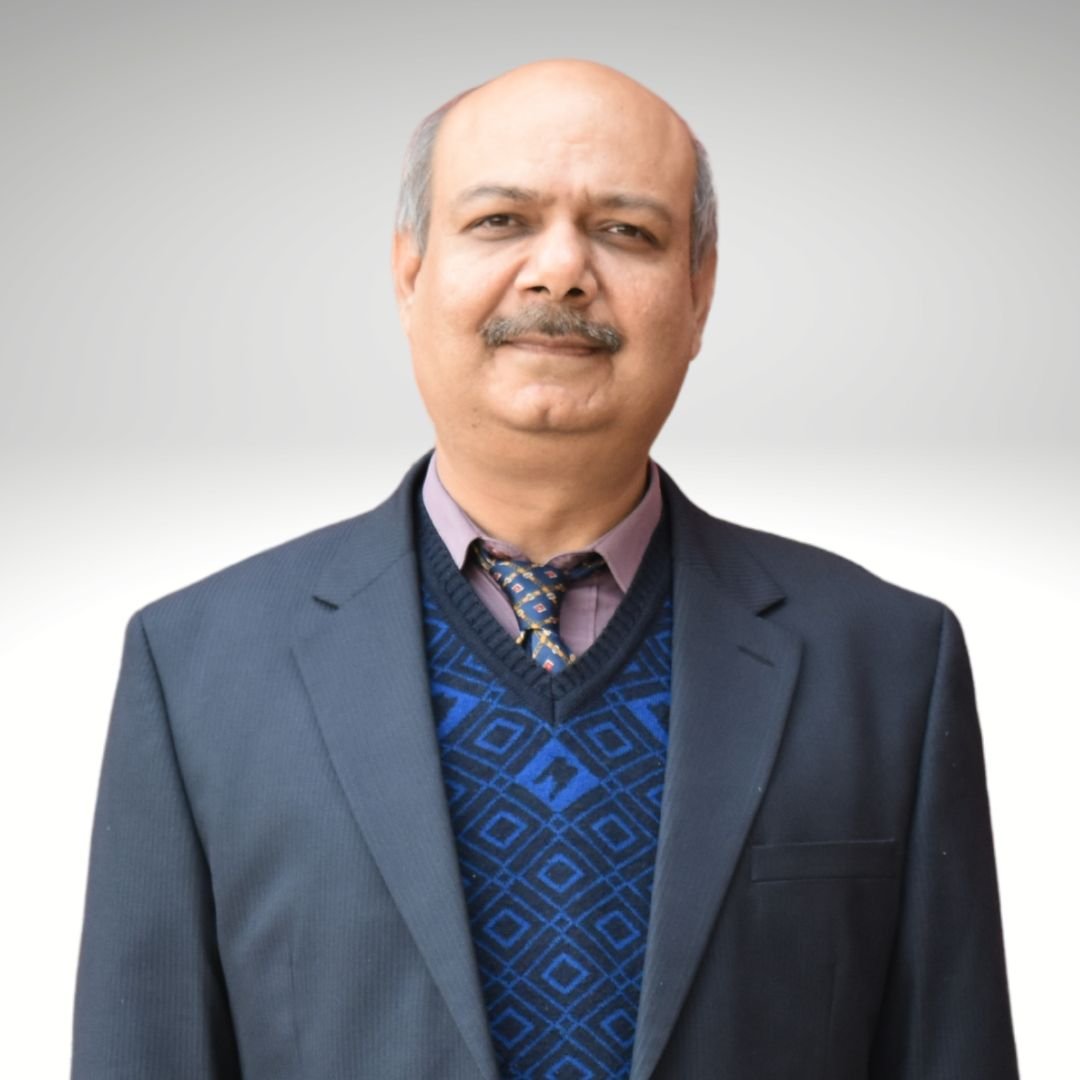
Dr. Deepak Asrani
Professor

Dr. Deepak Asrani
Professor
Area of Interest: Database Management System, Data Warehousing and Mining
Total Experience: 31 Years
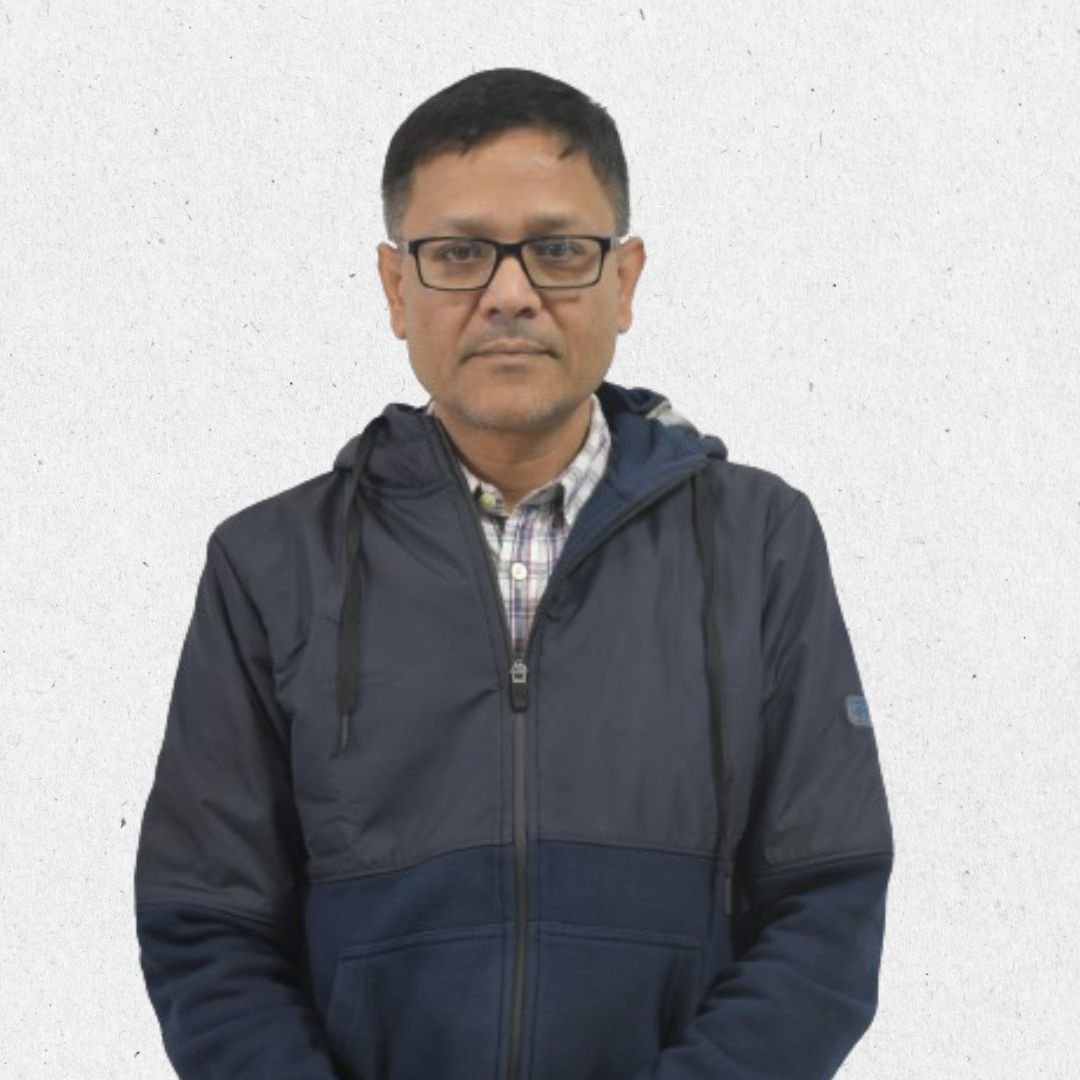
Dr. Ravi Prakash
Professor

Dr. Ravi Prakash
Professor
Area of Interest: Software Testing, Optimization Techniques, Predective Analytics, Machine Learning
Total Experience: 22 Years
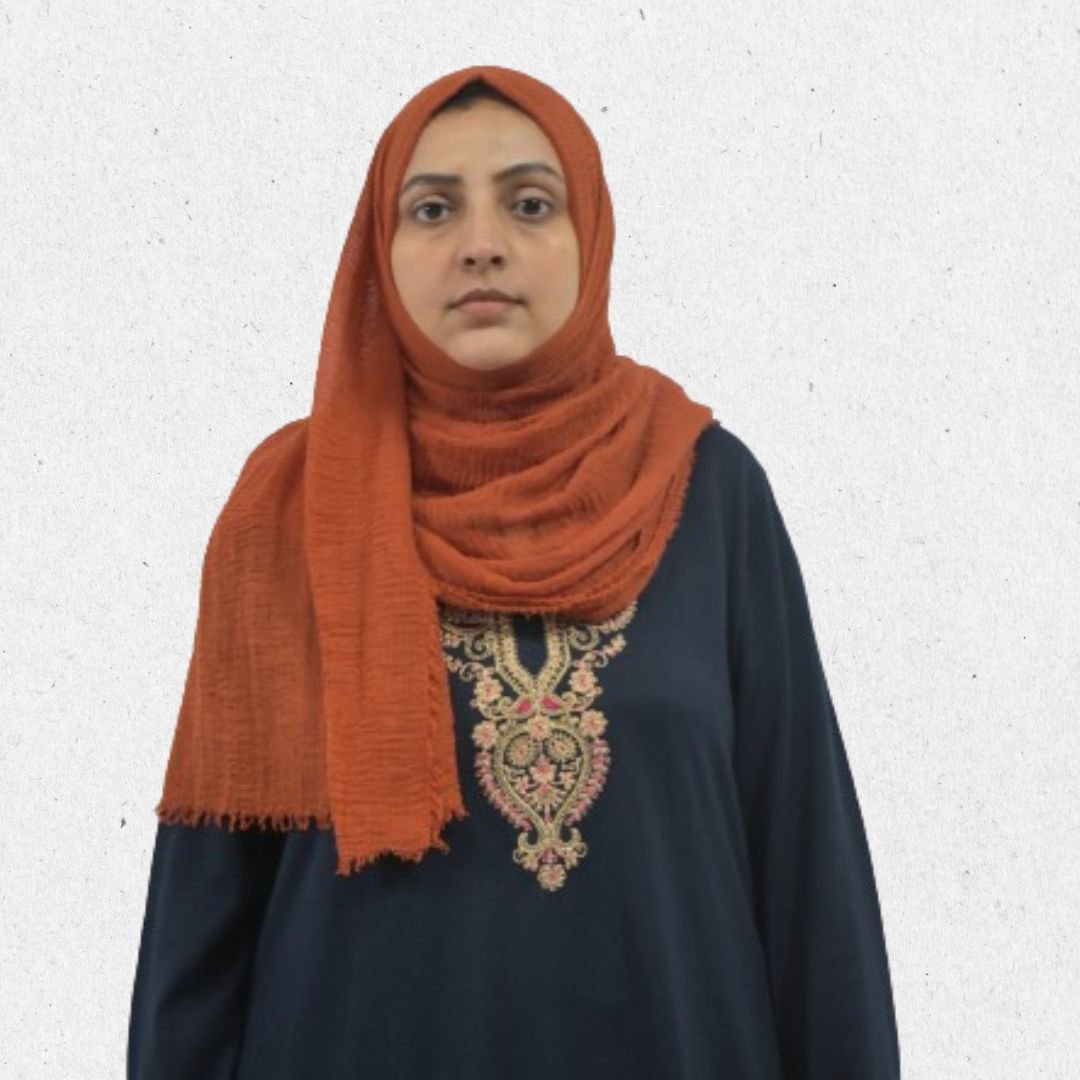
Dr. Kaneez Zainab
Associate Professor

Dr. Kaneez Zainab
Associate Professor
Area of Interest: Machine Learning (Predective Analytics), Data Structure
Total Experience: 5 Years

Mr. Devendra Kumar
AssistantProfessor

Mr. Devendra Kumar
AssistantProfessor
Area of Interest: Machine Learning , Design & Analysis of Algorithms, Theory of Automata and Formal Languages
Total Experience: 17 Years
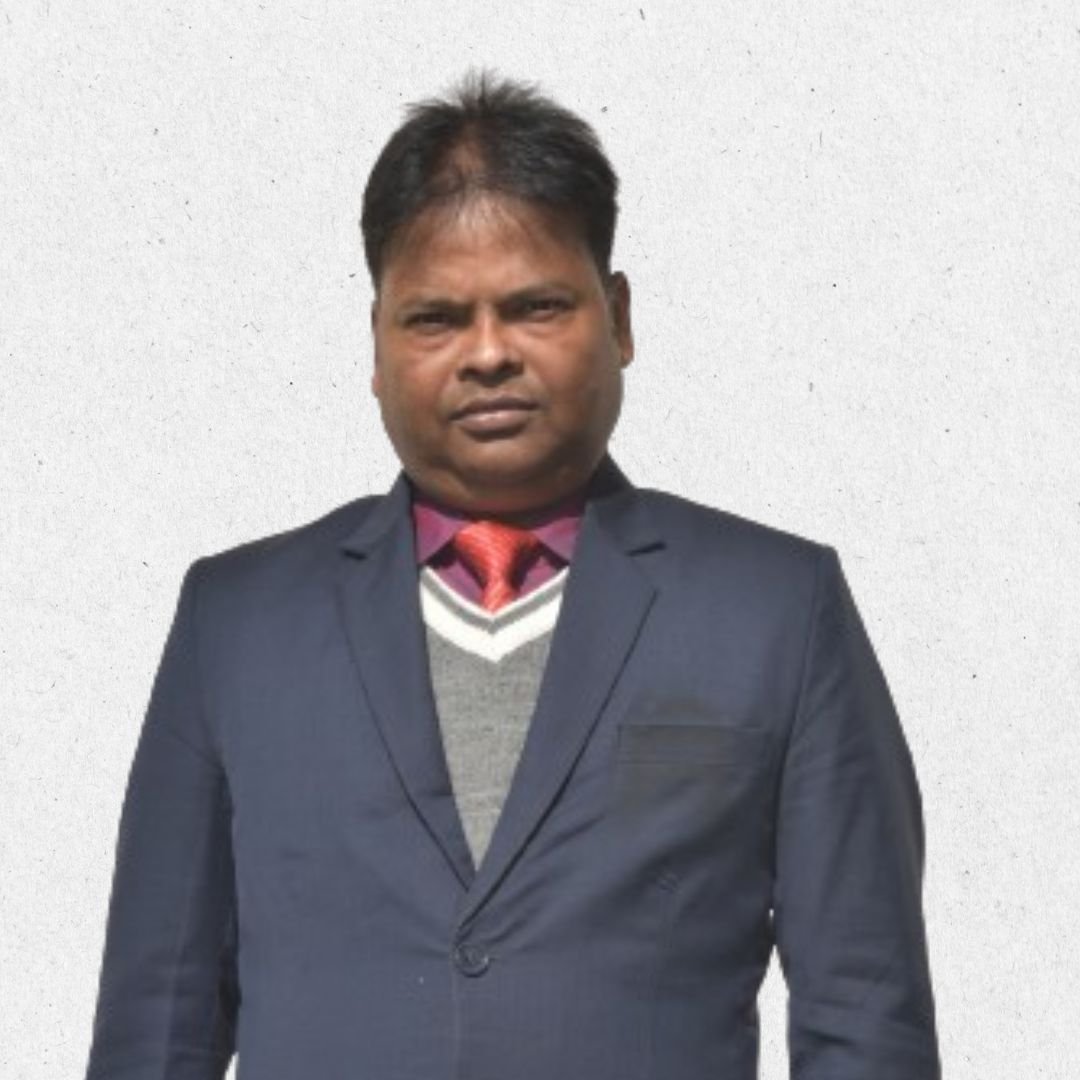
Mr. Ratan Rajan Srivastava
Assistant Professor

Mr. Ratan Rajan Srivastava
Assistant Professor
Area of Interest: Cancellable Biometric, Algorithms Analysis
Total Experience: 15 Years

Mr. Harish Shukla
Assistant Professor

Mr. Harish Shukla
Assistant Professor
Area of Interest: Algorithms
Total Experience: 14 Years
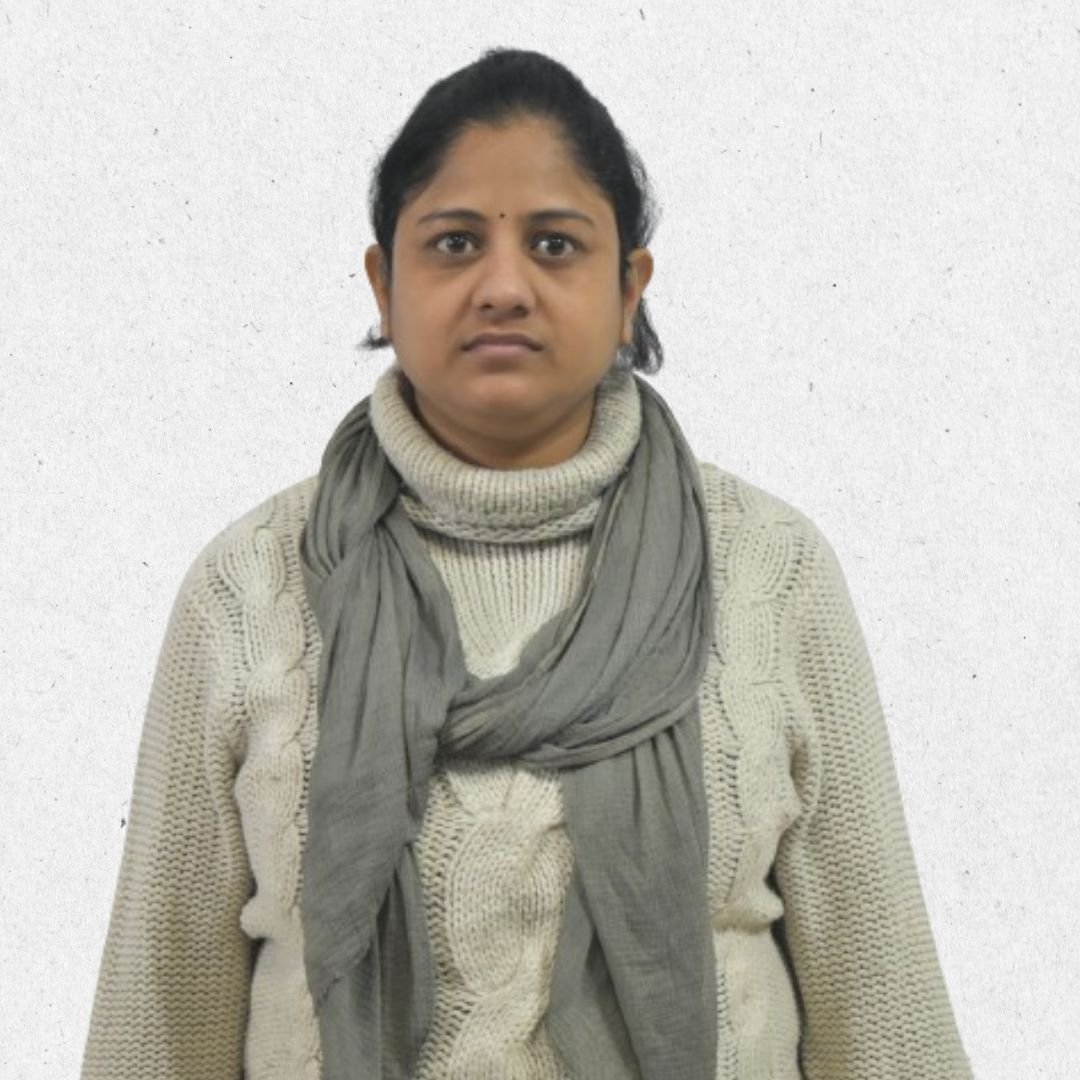
Ms. Neha Goyal
Assistant Professor

Ms. Neha Goyal
Assistant Professor
Area of Interest: Machine Learning, Android
Total Experience: 13 Years
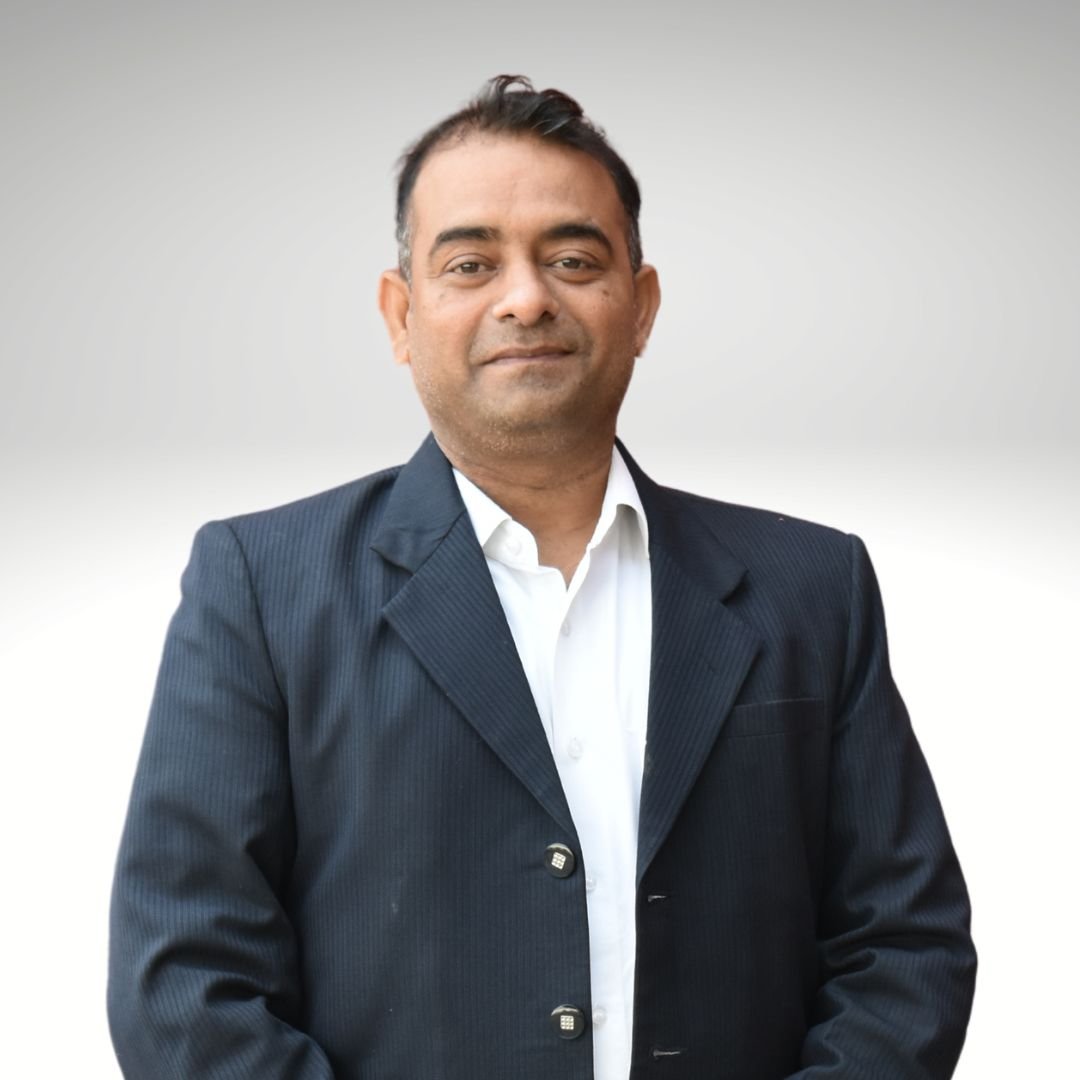
Mr. Vivek Rai
Assistant Professor

Mr. Vivek Rai
Assistant Professor
Area of Interest: Image Processiing, Machine Learning, OS, Discrete Mathematics
Total Experience: 14 Years

Mr. Mahendra Shukla
Assistant Professor

Mr. Mahendra Shukla
Assistant Professor
Area of Interest: CSE, "C' Programming, Data Structure, Compiler Design
Total Experience: 16 Years

Mr. Gopal Chaudhary
Assistant Professor

Mr. Gopal Chaudhary
Assistant Professor
Area of Interest: "C" Programming, Data Structure
Total Experience: 16 Years

Mr. Wasif Khan
Assistant Professor

Mr. Wasif Khan
Assistant Professor
Area of Interest: Software Engineering, Cyber Security
Total Experience: 12 Years

Ms. Chhavi Bajpai
Assistant Professor

Ms. Chhavi Bajpai
Assistant Professor
Area of Interest: Deep Learning, Machine Learning, Artificial Intelligence
Total Experience: 01 Years

Mr. Rohit Agarwal
Assistant Professor

Mr. Rohit Agarwal
Assistant Professor
Area of Interest: Machine Learning, Artificial Intelligence, Database Management System
Total Experience: 11 Years

Ms. Sakshi Srivastava
Assistant Professor

Ms. Sakshi Srivastava
Assistant Professor
Area of Interest: Machine Learning, Artificial Intelligence
Total Experience: 02 Years

Mr. Sanjeev Kr. Pathak
Assistant Professor

Mr. Sanjeev Kr. Pathak
Assistant Professor
Area of Interest: Cloud Computing
Total Experience: 05 Years

Ms. Prachi Chauhan
Assistant Professor

Ms. Prachi Chauhan
Assistant Professor
Area of Interest: Networking, Design & Analysis, Algorithm
Total Experience: 06 Years

Ms. Tripti Sahu
Assistant Professor

Ms. Tripti Sahu
Assistant Professor
Area of Interest: Computer Applications, Internet of Things, Data Science, Artificial Intelligent
Total Experience: 05 Years
